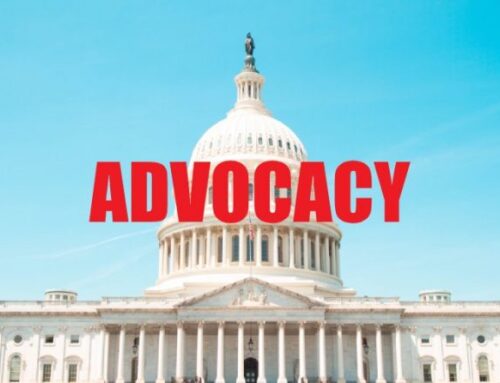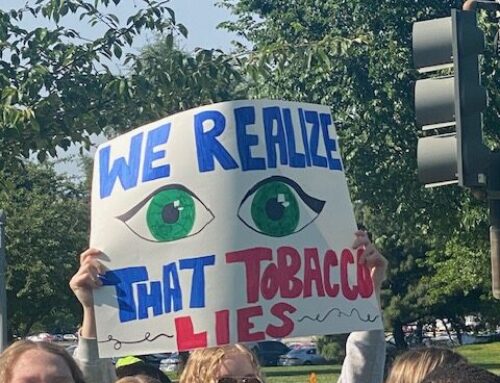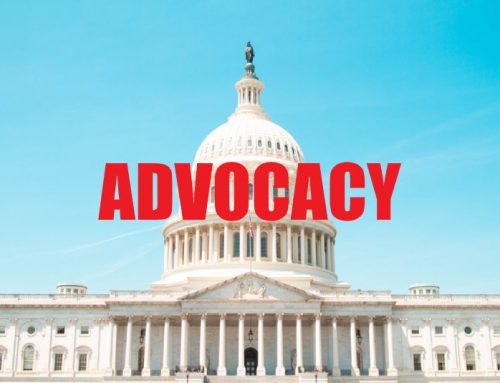Excerpt:
We are writing to express our strong support for the Tobacco to 21 Act (H.R. 2411) and the Reversing the Youth Tobacco Epidemic Act (H.R. 2339), both of which would raise the legal age for sale of tobacco products to 21. Raising the tobacco sale age to 21 is an important part of a comprehensive strategy that is needed to prevent young people from starting down a path that often leads to addiction, disease, and premature death. These bills are carefully drafted to ensure that they can be implemented quickly and effectively, and do not contain special interest provisions.
The Tobacco to 21 Act, introduced by Representative Diana DeGette (D-CO) and Representative Chris Stewart (R-UT), and the Reversing the Youth Tobacco Epidemic Act, introduced by Representative Frank Pallone (D-NJ) and Representative Donna Shalala (D-FL), will help reduce youth use of e-cigarettes, which increased by an alarming 78 percent among high school students last year, and use of other tobacco products. Tobacco use remains the leading cause of preventable death in the United States and is responsible for approximately $170 billion in health care costs each year.
Adolescence and young adulthood are critical periods for preventing tobacco use. About 95 percent of adult smokers began smoking before they turned 21. If young people do not begin using tobacco by their early 20’s, they are unlikely to ever do so. Raising the tobacco sale age to 21 will help keep tobacco out of high schools, where younger teens often obtain tobacco products from older classmates who can purchase them legally. Raising the legal age of sale to 21 will also help counter the tobacco industry’s efforts to target young people between the ages of 18 and 21, a crucial time when many move from experimenting with tobacco to regular smoking.
In 2015, the Institute of Medicine (now the National Academy of Medicine) found that raising the tobacco sale age to 21 would reduce the number of youth who start using tobacco products and, over time, reduce the smoking rate by about 12 percent and smoking-related deaths by 10 percent. This translates into 223,000 fewer premature deaths, 50,000 fewer deaths from lung cancer, and 4.2 million fewer years of life lost.
Read Full Letter from Public Health Groups on House T21 Bills 6.3.19





